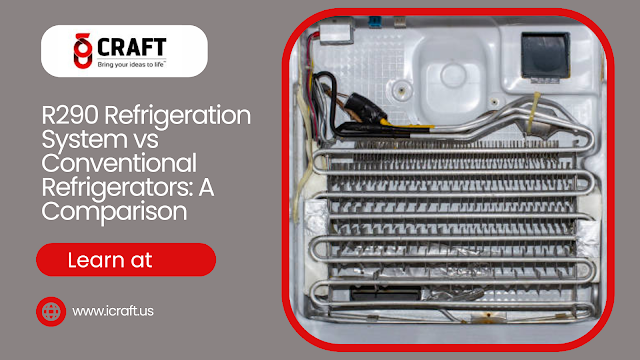R290 Refrigeration System vs Conventional Refrigerators: A Comparison

With the increased globalization of brands as well as consumer cultures, refrigeration needs are expanding at a massive rate. At the same time, it has become a collective human need to reduce carbon emissions as much as possible - and this is exactly where the cost-effective R290 refrigeration system comes in! These machines use propane as a refrigerant, which is environmentally friendly and has low global warming potential. Defining R290 Gas: How Does Propane Work as a Refrigerant? Before being included in refrigeration units, Propane, or R290 undergoes a cycle of compression, condensation, expansion, and evaporation that turns it into a coolant. As compressed propane cools and condenses, it releases heat and transforms into a liquid. When the liquid expands, it cools down rapidly, absorbing heat from its surroundings at such a great intensity that the surroundings fall below zero. A small amount of propane can go a long way, making it a very durable solution for shipments that ...
.png)